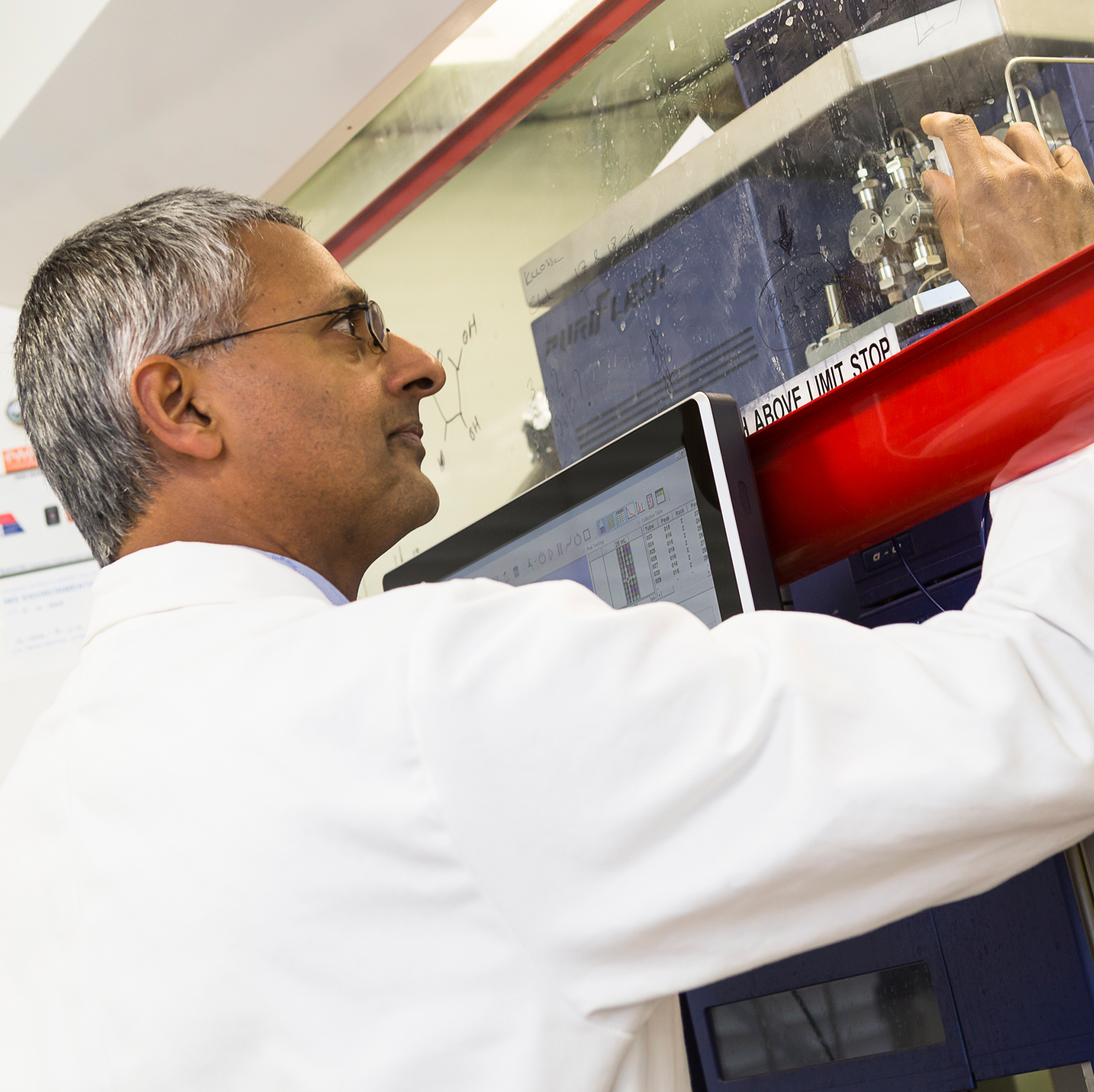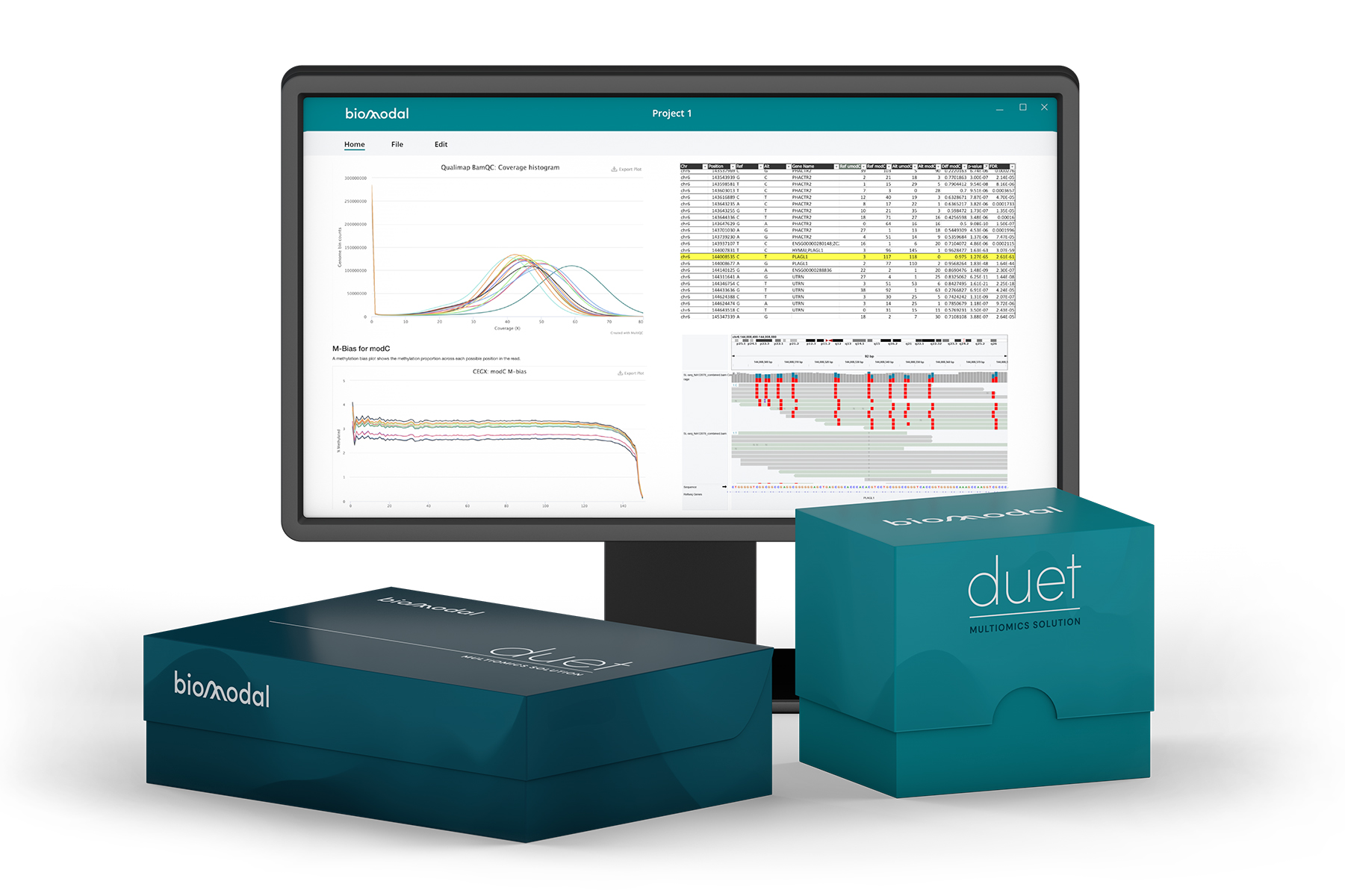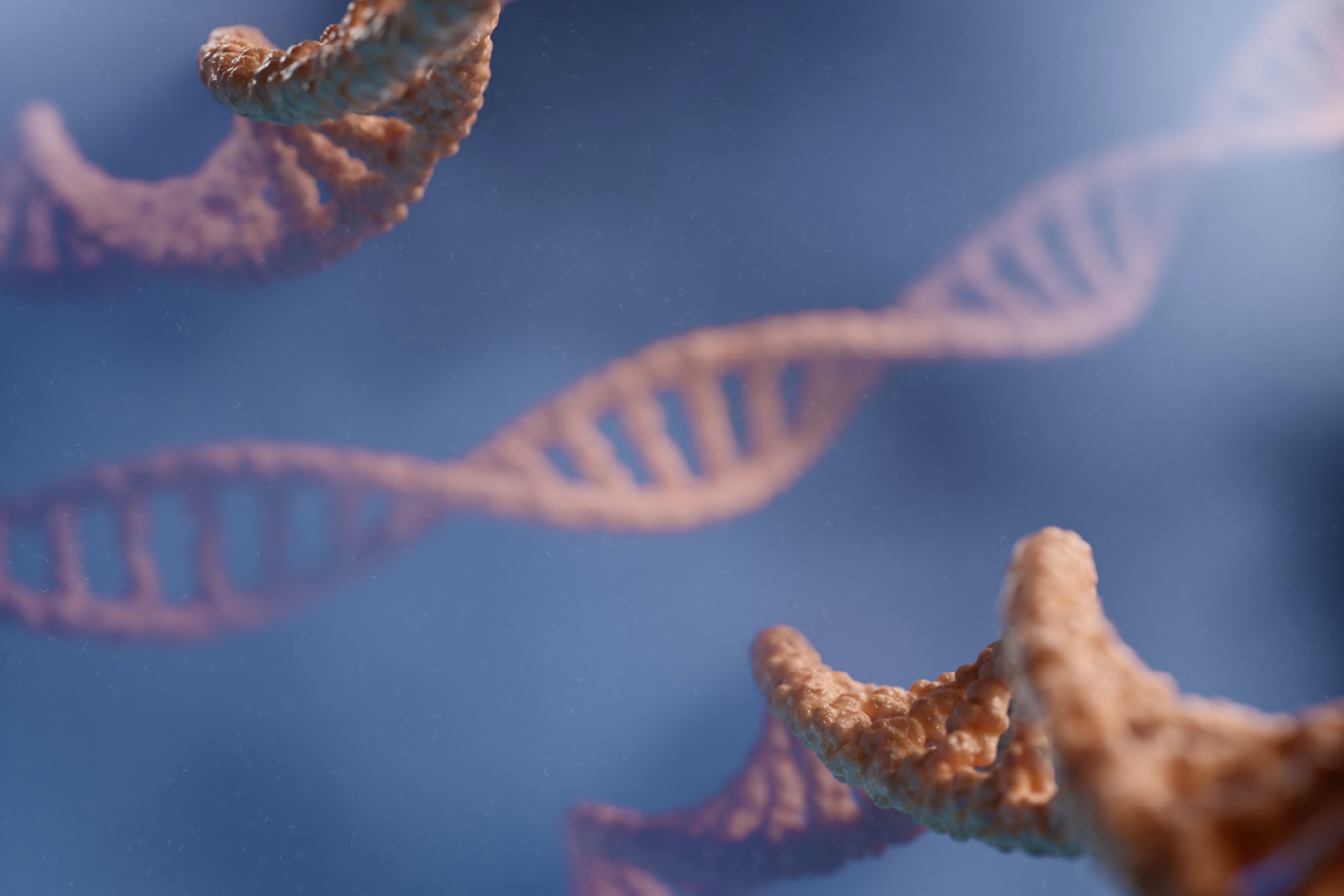A new method of studying DNA is offering ground-breaking insights into health and disease.
Fundamental research into understanding genetic and epigenetic information in DNA led to the creation of spinout, biomodal (formerly Cambridge Epigenetix).
Current technologies have difficulty accurately reading epigenetic and genetic information from small samples of DNA, causing crucial information to be missed.
By contrast, biomodal’s innovative technology combines genetic and epigenetic analysis in a single sequencing run, capturing the most important data from DNA samples.
This approach is being used in various fields, including cancer research as well as neurodegenerative diseases, liquid biopsy for early detection of cancer, precision medicine, and non-invasive prenatal testing.
“Reprogramming the way DNA functions is fundamental to all living systems.”

biomodal’s Journey in Genetic and Epigenetic Research
biomodal, formerly known as Cambridge Epigenetix, is at the forefront of developing advanced tools for genetic and epigenetic research. biomodal’s innovative solutions enable researchers to explore multiple biological modalities from a single sample, enhancing the accuracy and depth of biological insights. Their mission is to integrate genetic and epigenetic data to provide comprehensive biological insights, aiming to revolutionise health and disease studies.
Their innovative duet multiomics solution, +modC, is the world’s first single-base-resolution sequencing technology that simultaneously reads genetic and epigenetic information from a single low-volume sample. This advancement offers unprecedented accuracy and efficiency in the reading of genetic and epigenetic data.

biomodal has secured significant funding, including a $21 million Series B round in 2016 led by GV (formerly Google Ventures), with support from Sequoia Capital, New Science Ventures, and Syncona. This funding has been vital for advancing their R&D, enabling them to market innovative products like the duet multiomics solution and push the boundaries of genetic and epigenetic research.




